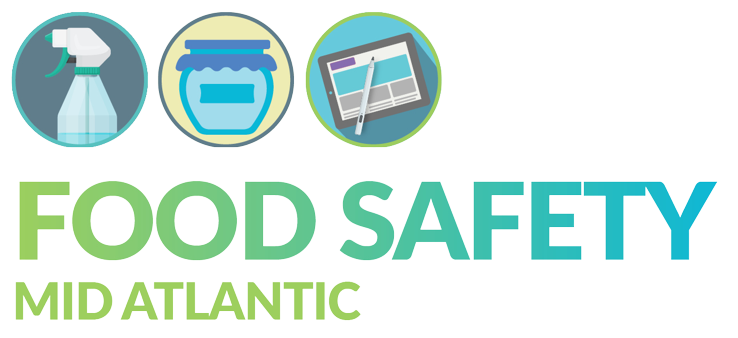
As we continue our series on the risk factors towards foodborne illness, remember that keeping consumers safe is one of the most important responsibilities you have as a food business owner or manager. This is the fourth in the series discussing the CDC Foodborne Illness Risk Factors. In the previous articles I discussed holding food at an improper temperature, cooking or processing food at an improper temperature and using utensils and equipment that are contaminated. Today I am going to discuss the role of employees in maintaining safety within a food facility.
Most foodborne illnesses are spread person to person or through contaminated surfaces. For example, if your employee comes to work with Norovirus and is then sick, the norovirus spreads through their feces and through their vomit. The virus is viable for many days on most environmental surfaces and vomiting can suspend the virus in the air, increasing contamination.

The best way to stop spreading norovirus and other foodborne illnesses is to ensure that your employees follow good hygienic practices, of which handwashing is one, and stay home when they feel ill. Both of these require support and encouragement from the food business including training.
Every co-worker in a food facility must have some basic food safety training. If manufacturing food for retail sales, they should have a thorough understanding of food safety, HACCP, their process and their role in ensuring food safety. The main recommendations from FDA and other food safety agencies is to cultivate a food safety culture. This refers to the specific culture of a facility enhancing food safety by increasing the awareness and improving behaviour of employees within a facility and, most importantly, influences their practices when no one is watching.
I know that some of you have a company of one. This does not let you off the hook because the responsibility for food safety falls on your shoulders, along with everything else. Additionally I hope that your plans include having co-workers one day, which means you should start considering their role in your food business and in food safety. Perhaps you share your kitchen with other businesses. Do you know them well enough to make sure their practices aren’t affecting your food processing?
A good employee training program is essential for the success and safety of your business. Book a call today to discuss your training program and ensure that it is up to par.

